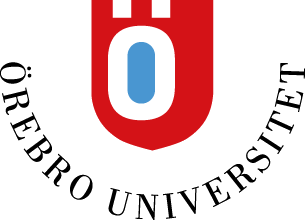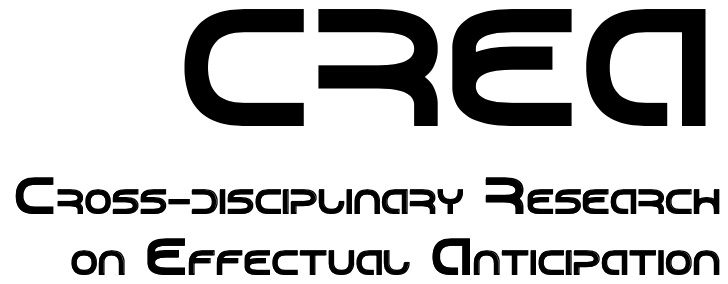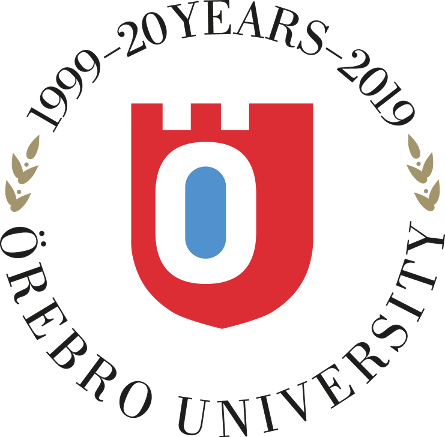

 |
CREA |  |
| A cross-disciplinary research network |
Science fiction writer Isaac Asimov imagined a science of prediction called "psychohistory" which enabled the future to be induced via statistical inference from big data. But is prediction and anticipation only about data? How should anticipation and anticipatory systems be conceived in order for human decisions to be respectful of pluralism in ecosystems and noosystems? Is there a common anticipatory feature in biological structures, cultural structures, and technological ones? How does anticipation influence movements, choices, emotions and representations? Is there a difference between prediction and anticipation in the context of technosocial systems?
Anticipation is a rich notion that includes cognitive, existential and cultural aspects, and is active across a wide range of contexts: it concerns both human expectations and artificial predictive systems. We see anticipation as a promising paradigm in order to foster cross-disciplinarity and a cross-fertilization of ideas among researchers. Anticipation Studies is a growing field of research still in need of unification; it could shed a new light in current debates about the ethics and sustainability of Intelligent Systems.
At Örebro University, Luis de Miranda, philosopher and historian of ideas, together with Alessandro Saffiotti, head of the AASS Cognitive Robotic Systems Laboratory, have initiated the CREA research network: Cross-disciplinary Research on Effectual Anticipation. CREA is an umbrella and a catalyzer of a growing number of organized and spontanous activities, some of which are listed below.
The CREA Seminar Series is supported by a grant from Riksbankens Jubileumsfond. The CREA International Workshop is supported by a grant from Vetenskapsrådet. Additional logistic and financial support is provided by Örebro University through its Internationalization program as well as its 20-year jubileum program. CREA is part of Örebro University's larger effort to promote multidisciplinary research in AI.
 |
 |
 |

